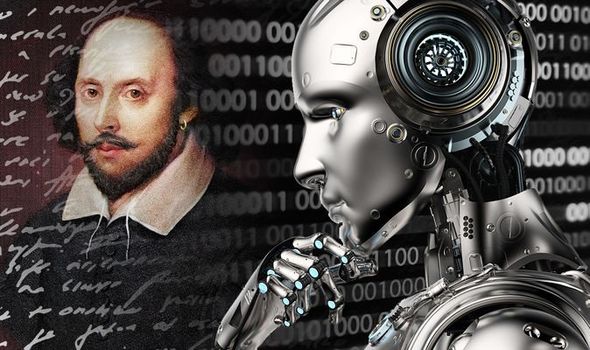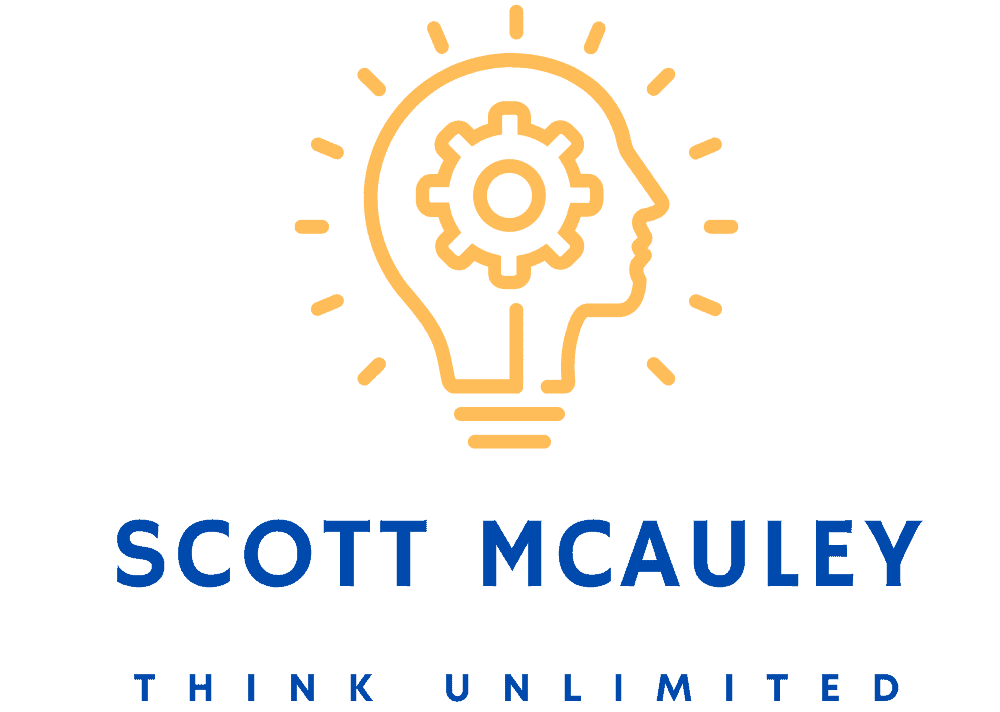I was captivated when I encountered an unfamiliar AI-related scene composed by William Shakespeare, one of the most famous historical figures in history as someone with a passionate curiosity about the subject of artificial intelligence and its capacity to transform the world.
This discovery got me thinking about the capabilities of modern AI systems trained in natural language processing (NLP) and their potential for creating art that rivals human-created content.
In this blog post, we will explore how major global AI companies have started offering sonnets and other classic texts generated by NLP systems.
We will delve into the technical aspects of replicating conversation using these systems, as well as their quasi-intellectual engagement with some of the most famous historical figures: writers like Oscar Wilde, Winston Churchill, Mrs. Bennet from Pride and Prejudice, and Lady Bracknell from The Importance of Being Earnest.
We’ll also discuss the ethical implications surrounding this technology – should we be concerned about machines potentially replacing any form of human creativity? And what does it mean for those seeking to find potential suitors online?
By the end of this article, you’ll gain a better understanding of how far NLP has come in recent years and where it could lead us in terms of artistic creation.
Introduction to Shakespeare.ai
Shakespeare.ai is a revolutionary AI system that uses natural language processing (NLP) to mimic the writing style of authors such William Shakespeare. Google and Microsoft, two of the most prominent AI research firms, have developed a highly effective tool for content production and marketing endeavors – Shakespeare.ai; an advanced NLP system that can replicate authors’ writing styles.
The idea behind Shakespeare.ai is simple:
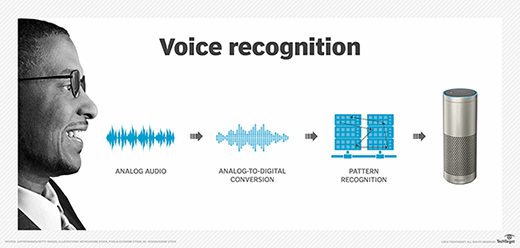
It takes input from users through prompts or voice recognition software and then generates text based on its understanding of the user’s intent. For example, if you ask Shakespeare.ai to “write me a love poem” it will generate a romantic poem tailored to your specific request using NLP algorithms trained on millions of examples from literature throughout history such as pieces made by William Shakespeare.
The impressive capabilities of Shakespeare.ai lie in its ability to learn and grow with each additional input from users interacting with it, thus adapting quickly to changing user preferences and needs without having to be manually reprogrammed for every minor alteration or update.
Its remarkable intelligence allows the system to become increasingly accurate as more data is fed into it – an advantage over traditional AI systems that require painstaking manual programming even for small tweaks.
In other words, this cutting-edge technology is equipped with a brain that can think on its feet; you don’t have to worry about keeping up with the times when using Shakespeare.ai.

Marketers have a powerful tool at their disposal with Shakespeare.ai, as it can understand both spoken and written language from humans – giving them an edge in accurately targeting their audiences and understanding what they want or need.
This insight provides marketers with the means to craft effective communication that resonates across all channels, such as social media platforms like Twitter or Facebook where succinct messages are often critical for successful campaigns.
With this cutting-edge technology’s brainpower that is constantly adapting to changing preferences, businesses don’t need to worry about staying up-to-date.
In conclusion, Shakespeare.ai is a revolutionary AI-driven platform that could transform our relationship with literature and other forms of art. With this in mind, let us explore further the science behind it and talk about its implications for our future.
The Science Behind Shakespeare.ai

Recent advancements in AI technology have culminated in the development of the Shakespeare.ai system, created by Marina Petrova and Bruce Amick at the New York agency Intentful to replicate an author’s writing style, in this case, William Shakespeare, through natural language processing (NLP) algorithms.
Developed by Marina Petrova and Bruce Amick at the New York agency Intentful, this AI uses natural language processing (NLP) algorithms to replicate an author’s writing style by analyzing their word choice, sentence structure, and other linguistic features.
While these systems are becoming increasingly effective at replicating conversation with finesse, they still have limitations when it comes to understanding human context or nuance.
AI tech’s incapacity to grasp novel input can be seen as a restriction since in essence, the system cannot produce accurate results if it hasn’t encountered the data before.
This means that as more data becomes available over time – such as conversations between people – AIs will become better equipped to handle new situations and contexts which could lead them closer to approximating human intelligence.
The implications for meganets’ future due to the past and present state of AI are vast but largely unknown at this point.
For example, deep learning systems like GPT-2 have shown potential for being able to approximate human linguistic understanding with some accuracy but without any real-world applications yet it’s difficult for us to know just how far these advances can go beyond simple text generation tasks.
That said there are some practical applications currently emerging where AIs can assist humans with tasks such as auto-drawing images based on user descriptions or using ChatGPT tools for content creation and marketing campaigns which provide valuable insights into customer needs and preferences.

Shakespeare’s plays contain some of the most complex language ever written, so recreating his work through artificial intelligence presents both a challenge and opportunity for marketers looking to leverage its power in their campaigns today.
Automated dialogue trees or personalized copywriting tailored specifically towards individual customers according to their behavior patterns can be made possible through machine learning algorithms trained on large datasets containing millions of words worth of material from the bard himself.
Take advantage of the immense potential of Shakespearean AI to craft engaging and personalized content for your marketing campaigns.
The Science Behind Shakespeare.ai has shown us the potential of AI technology and its ability to approximate human character understanding, thus paving the way for further advancements in deep learning systems. With GPT-2’s play and other examples as evidence, we can see that these advances could have far-reaching implications for society as a whole.
GPT-2’s Play & Other Examples
GPT-2 is a deep learning system developed by OpenAI that can generate human-like text given some input. This technology has been used to create scenes from Shakespeare’s plays, as well as other examples of AI-generated content.
By examining these applications of GPT-2 and other artificial intelligence (AI) systems, we can gain insight into how close current AI technology is to approximating human linguistic understanding.
The first example of GPT-2’s capabilities was seen in the creation of scenes from Shakespeare’s plays. Researchers fed two sentences into the system resulting in up to 1000 words per scene but sometimes forgetting key details such as characters being robots instead of humans – proving that while exciting what current AI can do has limits.
However, this still demonstrates an impressive level of language comprehension and generation ability for a machine learning algorithm; one which many believed could not be achieved with existing technologies at the time.

Open AI’s Chat GPT
Looking for a chatbot that can help you with anything? Look no further than ChatGPT. This AI chatbot was developed by Open AI, and it has a language-based model that the developer fine-tunes for human interaction in a conversational manner. You can use ChatGPT for anything from finding information to writing articles. Plus, ChatGPT is engaging, convincing, and fun to use – perfect for anyone who wants to get the most out of their chatbot experience.

Character.AI provides an opportunity for users, free to set parameters such as William Shakespeare’s perspective on reels or Plato taking pleasure in watching the chaos, expressing that philosophy isn’t everybody’s cup of tea – a far cry from when chatbots first emerged online years ago.
As AIs are exposed to more data inputs over time, they gain insight into natural language processing and start comprehending context better than ever before; something which humans have mastered through our lifetime experiences in different cultures and environments across the globe.

Character AI
Looking to create engaging, convincing, and fun conversations with your computer? Look no further than Character.AI! This neural language model chatbot web application can generate human-like text responses and participate in contextual conversation. With Character.AI, you can bring to life the science-fiction dream of open-ended conversations and collaborations with computers!
As AI technology continues to progress, its potential implications for society should not be overlooked, including the displacement of human labor and security risks posed by powerful AIs created by corporations.
We have already seen AI take jobs away from people who traditionally would have done them; however if AIs become too intelligent they may even replace certain professions entirely, meaning individuals will need new skill sets to stay employed.
Additionally, security concerns must also be taken into account when considering powerful AIs being created by companies such as Google or Facebook. It remains unclear whether these organizations will use their power responsibly or abuse it for personal gain.

Overall, while exciting progress has been made so far, there remain limitations present within current AI technology which must be addressed before further advancements can occur. Through continued research and development though, researchers hope one day machines will truly understand language just like humans do today.
GPT-2’s Play & Other Examples provide an interesting insight into how deep learning systems can approximate human linguistic understanding, and the potential implications for society are vast. AI is being utilized in innovative ways to assist artists with their artwork and for developers creating content for marketing initiatives.
Practical Applications Of Artificial Intelligence
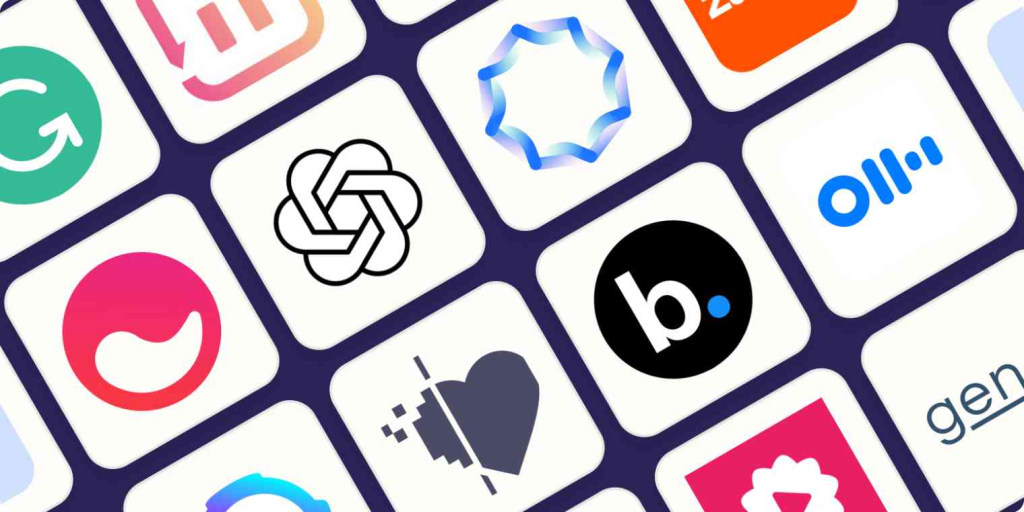
AI is increasingly becoming commonplace, and its utility in many fields has already been demonstrated. One of the most popular uses for AI is Autodraw, a tool that helps artists create drawings with greater accuracy and speed.
Autodraw utilizes AI to recognize objects and shapes in images, allowing users to draw more accurately than ever before. Autodraw enables users, even those with limited experience in art, to craft quality pieces as they can easily modify their artwork while progressing.
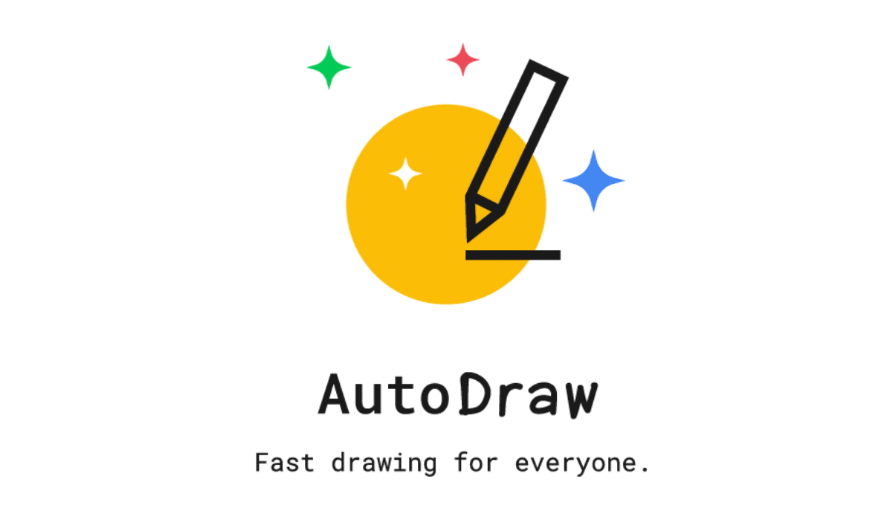
Autodraw
AutoDraw is one of Google’s coolest inventions. It’s a new drawing tool that pairs machine learning with drawings from talented artists to help everyone create anything visual, fast. With AutoDraw, you can take any scribble and turn it into beautiful clip art in a matter of seconds. It uses AI to guess what you’re trying to draw and suggest drawings of objects with similar layouts, making your drawing process faster and much more efficient. Plus, it’s really fun to use!
Another powerful use of AI is ChatGPT – a natural language processing (NLP) system designed for content creation and marketing campaigns. This technology can be used to generate automated responses based on user input or questions asked by customers or clients.
By using ChatGPT, marketers can create engaging conversations with their target audience without having to spend hours of time crafting individual messages from scratch each time someone contacts them. Additionally, this technology can help businesses better understand customer sentiment by analyzing conversation patterns over time.
AI’s use in the realm of business, art, content, and advertising could bring about a transformation. By utilizing Shakespeare.ai in our marketing strategies, we can gain insight into our target audience’s needs and preferences with greater accuracy than ever before.
Shakespeare.ai In Marketing

Shakespeare.ai has revolutionized content creation and marketing campaigns by providing businesses with a 24/7 AI expert that can interact with users in a human-like manner.
This technology helps marketers better understand their customers’ needs and preferences, allowing them to create personalized messages tailored specifically toward individual customers or groups of customers. By leveraging the power of natural language processing (NLP), Shakespeare.ai can analyze customer behavior data and generate highly targeted messages that are sure to increase engagement rates significantly.
Shakespeare.ai provides marketers with an invaluable asset, granting them the ability to process massive amounts of data from multiple sources in a flash and gain a deep understanding of their target audience’s online behavior and preferences.
This knowledge can be leveraged to craft more impactful ad copy and great content that speaks directly to the interests and concerns of potential customers – something traditional methods would struggle with due to time constraints or lack of resources for analysis purposes.
With this cutting-edge technology at hand, businesses are sure to save time and increase engagement rates significantly by sending out highly targeted messages and email outreach tailored specifically toward individual customers or groups of customers.
Shakespeare.ai provides marketers with a powerful tool that allows them to analyze customer behavior data and craft highly targeted messages tailored specifically toward individual customers or groups of customers, resulting in increased engagement rates.
By utilizing NLP, Shakespeare.ai can save time, and, accurately process customer data from multiple sources to gain insight into its target audience’s online behavior and preferences. Moreover, it has the capacity for personalization; by recognizing certain patterns in user behavior, Shakespeare.ai can create customized messages based on those patterns – guaranteeing maximum impact.
Finally, by employing keyword optimization techniques such as sentiment analysis or topic modeling which help identify topics relevant to their target audience, marketers can optimize their campaigns further so they know precisely what type of content will resonate best with their intended recipients.

Shakespeare AI
Are you looking for a writing tool that can help you keep your branding consistent while streamlining your email outreach process? Look no further than Shakespeare AI. This revolutionary artificial intelligence system uses natural language processing to mimic the writing style of any author. Google and Microsoft have developed this highly effective tool for content production and marketing endeavors, and it can be used to imitate any writing style or tone. This makes Shakespeare AI the perfect tool for marketing purposes, as it can help you maintain the quality of your writing while streamlining your email generation process.
FAQs in Relation to Shakespeare.Ai
What was the first play written by AI?
The first play written by Artificial Intelligence (AI) was called “Sunspring,” and it premiered in 2016. Written using an AI-based algorithm, the script featured a science fiction setting with three characters engaging in surreal conversations. The resulting dialogue and plot were surprisingly coherent for being generated solely by a computer program, though some of its lines did require editing to make them more comprehensible to human audiences. Sunspring’s success demonstrated that AI can create stories with surprising depth and complexity, proving that machines are capable of creative thought.
What claim does Craven make about the value of Shakespeare’s work?
Craven claims that Shakespeare’s work has immense value. He argues that it is not only timeless and captivating, but also teaches us valuable lessons about life. Through his writings, we can cultivate new perspectives and ideas, expand our self-awareness and take steps to enhance our lives. By studying Shakespeare’s writing, we gain a deeper understanding of human nature and emotions which helps us better understand ourselves and others around us.
How did Shakespeare influence society?
Shakespeare’s influence on society has been immense. His works have consistently motivated successive generations to reflect upon the human experience from fresh perspectives. His plays explore complex themes such as love, loyalty, ambition, and mortality while his sonnets offer timeless meditations on beauty, truth, and time. His phrases are echoed in the present day, uttered by people from all backgrounds. He changed the way we think about literature forever – creating a legacy that continues to shape our culture centuries after his death.
What made Shakespeare unique?
Shakespeare was unique in his ability to create stories that were both emotionally and intellectually stimulating. His writing explored complex themes of love, power, justice, revenge, and mortality while also engaging readers with vivid imagery and powerful dialogue. He used a variety of poetic forms including blank verse, sonnets, and rhyming couplets to express himself clearly. His plays often featured characters whose motivations changed as the story progressed; this gave them depth and complexity which is rarely seen today. Shakespeare’s plays remain cherished to this day, with their timelessness allowing them to be enjoyed by modern viewers even after centuries of existence.
Conclusion
In conclusion, shakespeare.ai is an AI marketing expert that can help you with your campaigns 24/7 without needing to take a break or sleep. Its ability to use GPT-2’s play and other examples of artificial intelligence allows it to create results faster than any human could ever achieve. With its practical applications in marketing and social content itself, shakespeare.ai has the potential to revolutionize how businesses operate their digital presence and increase ROI for years into the future.

